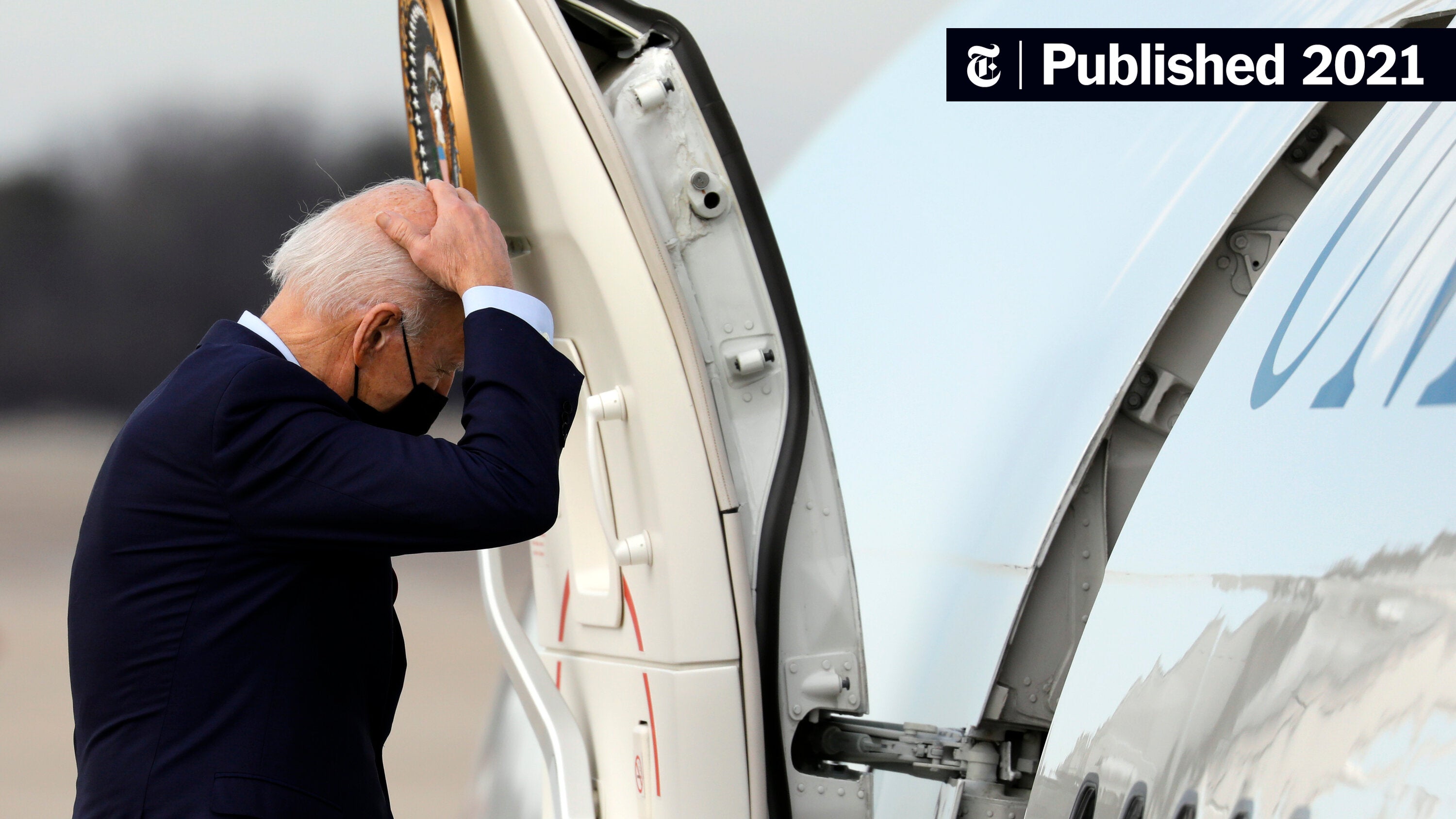EV Mandate Opposition Grows: Car Dealers Push Back

Table of Contents
Financial Burden and Infrastructure Gaps
The transition to a predominantly electric vehicle market presents substantial financial challenges for car dealerships, particularly concerning upfront investment and the lack of supporting infrastructure.
High Initial Investment Costs
Dealerships face substantial costs to upgrade their facilities to effectively sell and service electric vehicles. This includes significant investments in several key areas:
- Cost of installing fast chargers: The installation of Level 2 and DC fast chargers requires significant capital investment, especially for dealerships with limited space or older infrastructure.
- Employee retraining programs: EVs require specialized knowledge for sales, service, and repair. Retraining staff to handle high-voltage systems and specialized EV components adds to the financial burden.
- Specialized EV repair equipment: Repairing EVs necessitates specialized tools and diagnostic equipment, representing a considerable expense for dealerships.
- Inventory management challenges for EVs: Managing EV inventory differs from managing ICE vehicles, requiring adjustments to storage facilities, handling procedures, and potentially new insurance policies.
Many smaller dealerships, lacking the resources of larger corporations, find these investments particularly daunting, potentially threatening their viability in the face of these electric vehicle mandates.
Lack of Supporting Infrastructure
Inadequate public charging infrastructure remains a major obstacle to widespread EV adoption and a key contributor to dealer concerns surrounding the electric vehicle mandate. Range anxiety, the fear of running out of battery power before reaching a charging station, remains a significant deterrent for many potential EV buyers. This is further exacerbated by:
- Insufficient charging stations: The number of publicly available charging stations, especially fast chargers, is still insufficient to support a large-scale transition to EVs.
- Uneven geographical distribution: Charging stations are often concentrated in urban areas, leaving rural communities underserved and hindering EV adoption in those regions.
- Slow charging speeds: Many public charging stations offer slow charging speeds, increasing charging times and further fueling range anxiety.
- Lack of standardization in charging connectors: The lack of a universal charging connector creates confusion and inconvenience for EV drivers, another barrier to widespread adoption.
Consumer Demand and Market Readiness
While the long-term outlook for EVs is positive, current consumer demand and market readiness pose significant challenges, particularly for dealerships facing EV mandates.
Limited Consumer Demand in Certain Markets
The demand for electric vehicles varies significantly across different regions and demographics. Mandating EV sales in markets with low consumer interest can create significant challenges for dealerships.
- Geographic variations in EV adoption: EV adoption rates are much higher in some states than others, due to factors like electricity costs, population density, and available incentives.
- Consumer preferences for ICE vehicles: Many consumers still prefer internal combustion engine (ICE) vehicles due to factors such as cost, range anxiety, and charging infrastructure limitations.
- Affordability concerns: The higher initial cost of EVs compared to comparable ICE vehicles remains a significant barrier for many potential buyers.
- Lack of awareness about EV benefits: Many consumers are not fully aware of the long-term cost savings and environmental benefits associated with EV ownership.
Challenges in Educating Consumers
Dealerships play a crucial role in educating consumers about EVs and addressing common misconceptions. However, this process presents its own challenges:
- Need for improved consumer education programs: Clear, concise, and readily accessible information regarding EVs, including charging procedures, maintenance, and total cost of ownership, is essential.
- Addressing range anxiety concerns: Dealerships need to effectively address range anxiety through realistic demonstrations and transparent communication about charging infrastructure.
- Highlighting the total cost of ownership: Educating consumers about the lower long-term running costs of EVs, including fuel and maintenance, is crucial to overcome initial price objections.
- Clarifying government incentives: Dealerships must be well-versed in available government incentives and rebates to assist consumers in navigating the purchase process.
Government Regulations and Policy Uncertainty
Rapidly shifting government regulations and the resulting policy uncertainty also contribute significantly to the opposition to EV mandates from car dealers.
Rapidly Shifting Government Regulations
Frequent changes in government regulations and incentives surrounding EVs create significant uncertainty for dealerships.
- Inconsistency in government policies across different states: Variations in state-level regulations and incentives create complexities for dealerships operating across multiple states.
- Fluctuating tax credits and rebates: Changes in tax credits and rebates can disrupt sales forecasts and make long-term planning extremely difficult.
- Lack of clear long-term vision for EV adoption: The absence of a consistent, long-term national strategy for EV adoption creates uncertainty and hinders investment decisions by dealerships.
Concerns about Fair Competition
Dealerships also express concerns that EV mandates may unfairly favor EV manufacturers and disadvantage traditional car brands.
- Potential for market distortion: Mandates could artificially inflate demand for EVs, potentially creating market distortions that harm smaller dealerships and those focused on ICE vehicles.
- Impact on smaller dealerships: Smaller dealerships may be disproportionately affected by the financial burdens associated with EV infrastructure upgrades and inventory changes.
- Need for equitable regulations across all vehicle types: Dealerships advocate for regulations that fairly consider all vehicle types, including alternative fuel vehicles and hybrids, rather than focusing solely on EVs.
Conclusion
The growing opposition to EV mandates from car dealerships underscores the complex challenges in transitioning to a fully electric automotive landscape. Addressing concerns regarding financial burdens, infrastructure gaps, consumer demand, and regulatory uncertainty is crucial for a successful and equitable transition. Open dialogue between policymakers, manufacturers, and dealerships is essential to ensure a smooth and sustainable shift towards greater electric vehicle adoption. Ignoring the concerns of car dealers will only amplify the opposition and hinder the progress toward widespread EV mandate implementation. Addressing these concerns is vital for successful EV mandate implementation and the overall health of the automotive industry.

Featured Posts
-
 Cassidy Hutchinson Memoir Expected Release Date And Jan 6 Details
Apr 28, 2025
Cassidy Hutchinson Memoir Expected Release Date And Jan 6 Details
Apr 28, 2025 -
 Boston Red Sox Coras Lineup Strategy For Doubleheader
Apr 28, 2025
Boston Red Sox Coras Lineup Strategy For Doubleheader
Apr 28, 2025 -
 Latest U S Iran Nuclear Negotiations Conclude Without Breakthrough
Apr 28, 2025
Latest U S Iran Nuclear Negotiations Conclude Without Breakthrough
Apr 28, 2025 -
 Orioles Broadcasters Jinx Broken 160 Game Hit Streak Ends
Apr 28, 2025
Orioles Broadcasters Jinx Broken 160 Game Hit Streak Ends
Apr 28, 2025 -
 U S Dollars First 100 Days Under Scrutiny A Comparison To The Nixon Era
Apr 28, 2025
U S Dollars First 100 Days Under Scrutiny A Comparison To The Nixon Era
Apr 28, 2025
